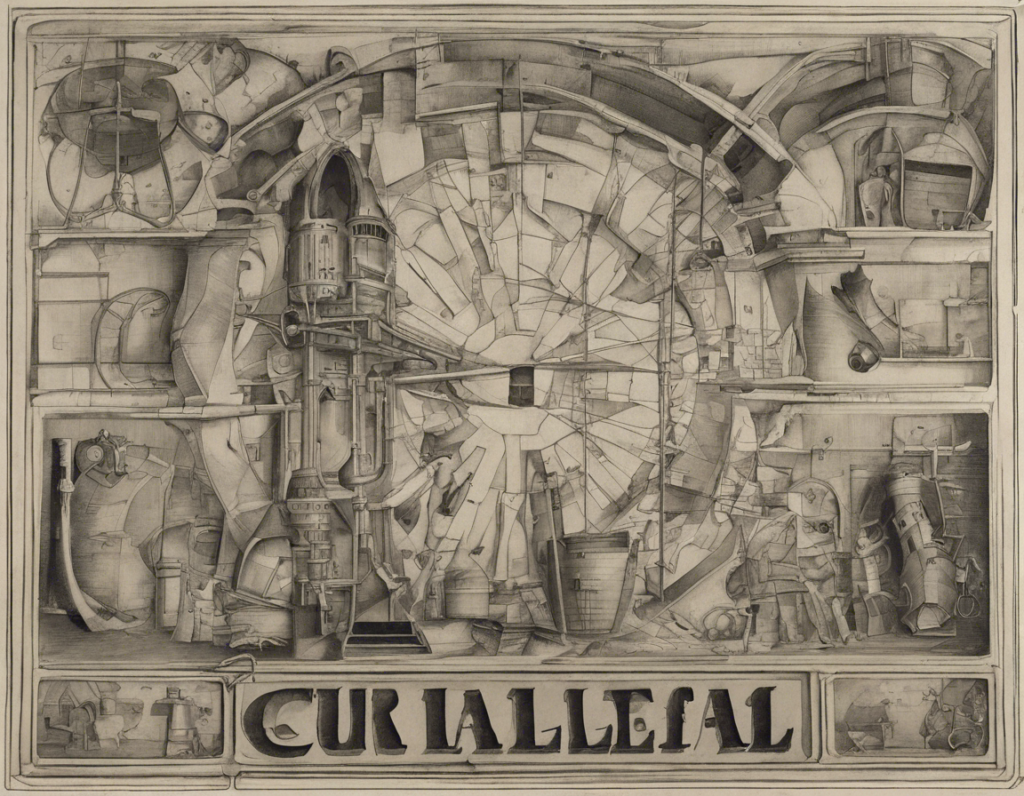
Introduction
Randy Dee Hafen, a prominent figure in the world of public administration and urban planning, has left a lasting impact on communities throughout the United States. His dedication to improving the quality of life for residents, promoting sustainable development, and fostering collaboration between government agencies and private organizations has solidified his legacy as a visionary leader in the field. In this article, we will delve into the remarkable achievements and contributions of Randy Dee Hafen, examining key aspects of his work and the enduring lessons that can be drawn from his career.
Early Life and Education
Randy Dee Hafen was born and raised in a small town in Nevada, where he developed a deep appreciation for the natural environment and a strong sense of community spirit. His early experiences instilled in him a passion for public service and a commitment to making a positive difference in the world. After completing his undergraduate studies in urban planning, Randy went on to earn a master’s degree in public administration, laying the foundation for his future endeavors in the field.
Career Highlights
Throughout his career, Randy Dee Hafen held a series of influential positions in both the public and private sectors, showcasing his versatility and expertise in a variety of areas. One of his most notable achievements was his role in spearheading a major urban revitalization project in a struggling city, which involved extensive community outreach, strategic planning, and collaboration with stakeholders from all sectors. Through his innovative approach and effective leadership, Randy was able to transform the city into a thriving hub of economic activity and cultural vitality.
Philosophy of Urban Planning
Central to Randy Dee Hafen’s philosophy of urban planning was the belief that sustainable development and social equity are not mutually exclusive, but rather interdependent elements of a successful community. He emphasized the importance of creating inclusive, well-designed spaces that prioritize the needs of residents, promote environmental stewardship, and foster economic growth. By engaging with diverse stakeholders and incorporating best practices in urban design, Randy sought to create vibrant, livable communities that would stand the test of time.
Legacy and Influence
Randy Dee Hafen’s legacy extends far beyond the projects he led and the policies he implemented. His commitment to fostering collaboration, promoting innovation, and empowering individuals to become active participants in shaping their communities has had a lasting impact on the field of public administration and urban planning. His example continues to inspire a new generation of leaders to embrace the challenges of the future with creativity, integrity, and a relentless dedication to the common good.
Lessons Learned
- Community Engagement: Randy Dee Hafen understood the importance of involving residents in the decision-making process and building consensus around shared goals.
- Sustainability: He championed sustainable development practices that prioritize environmental conservation and long-term resource management.
- Strategic Leadership: Randy’s ability to inspire and motivate others, coupled with his strategic vision, set him apart as a transformative leader in his field.
FAQs:
Q1: What made Randy Dee Hafen such a successful urban planner?
A1: Randy’s success can be attributed to his innovative approach, emphasis on collaboration, and commitment to sustainable development.
Q2: How did Randy Dee Hafen engage with stakeholders in his projects?
A2: Randy believed in building strong relationships with stakeholders through open communication, active listening, and a genuine respect for diverse perspectives.
Q3: What impact did Randy Dee Hafen have on the communities he worked with?
A3: Randy’s work led to tangible improvements in quality of life, economic opportunities, and civic engagement in the communities he served.
Q4: How can current urban planners learn from Randy Dee Hafen’s legacy?
A4: By embracing his values of inclusivity, sustainability, and strategic leadership, urban planners can create more resilient and vibrant communities.
Q5: What is Randy Dee Hafen’s lasting legacy in the field of public administration?
A5: Randy’s legacy lies in his unwavering dedication to public service, his visionary leadership, and his ability to effect positive change in the world around him.
In conclusion, Randy Dee Hafen’s impact on the fields of public administration and urban planning is a testament to the power of dedication, innovation, and collaboration in creating vibrant, sustainable communities. His legacy serves as a beacon for aspiring leaders seeking to make a meaningful difference in the world, reminding us of the enduring value of principled leadership and a steadfast commitment to the common good.
Latest Articles

Exploring the Benefits of Curaleaf Wells: Your Ultimate Guide

Unpacking the Powerful Wham Strain: Benefits and Effects

Unveiling the Unique Characteristics of Lemon Jack Strain

